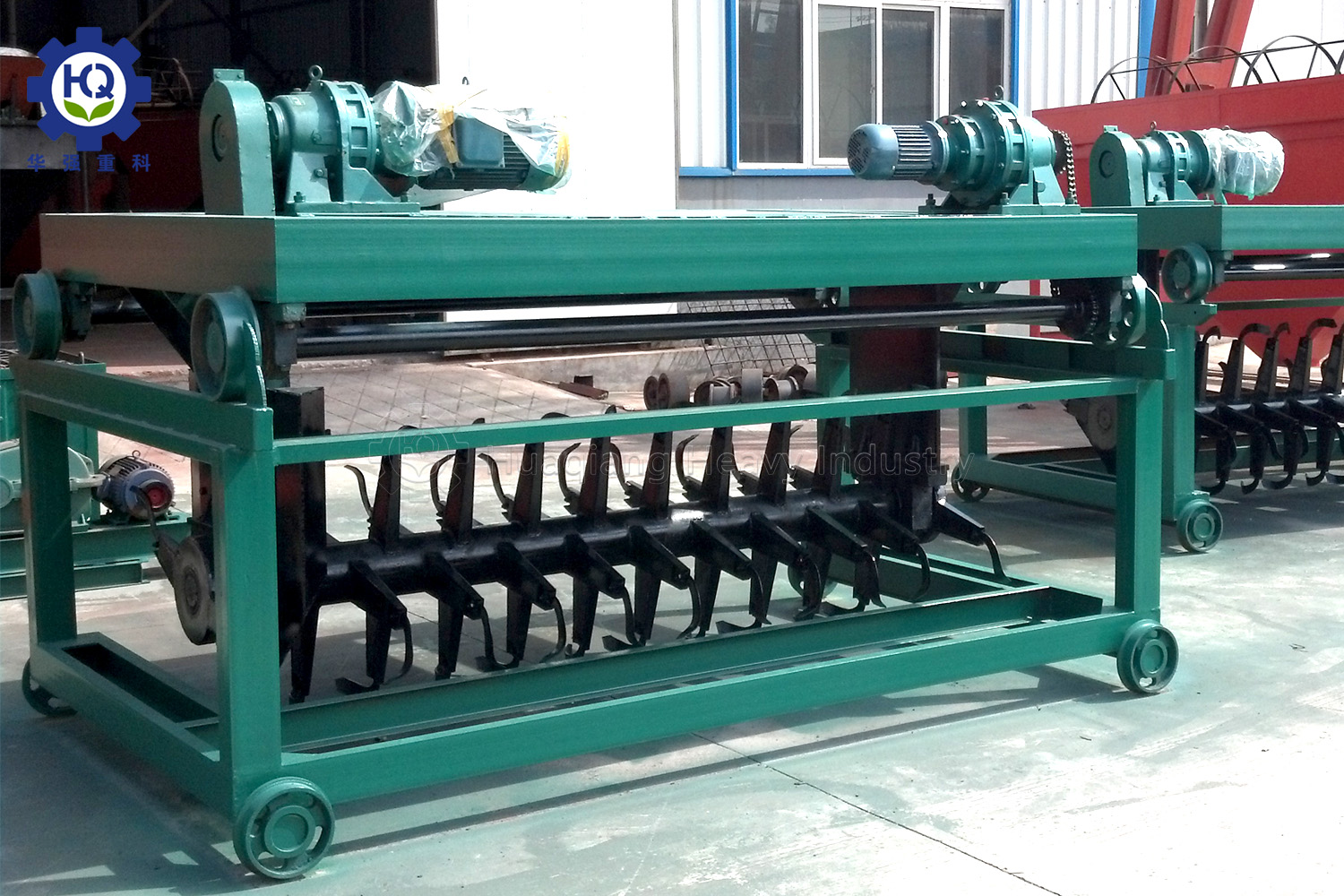Livestock manure is a common organic waste in rural areas and farms. It contains a large amount of nutrients and microorganisms, but it also has problems such as odor and pathogens.
Organic fertilizer fermentation refers to the decomposition process of organic matter in the presence of sufficient oxygen, that is, the process in which microorganisms use organic matter and its metabolites to transform energy and matter. Aerobic fermentation of livestock manure can bring the following benefits:
1. Reduce odor and pollution. Livestock manure contains a large amount of volatile gases, such as ammonia, hydrogen sulfide, etc. These gases will produce unpleasant odors and cause harm to the health of humans and animals. Through
organic fertilizer fermentation, the decomposition and transformation of organic waste can be promoted, the emission of volatile gases can be reduced, the generation of odor can be reduced, and environmental pollution can be effectively reduced.
2. Improve the quality and nutritional value of fertilizers. After organic fertilizer fermentation, the organic components of livestock manure are decomposed and transformed to form a more stable organic fertilizer, and some plant toxins and pathogens are removed. In addition, aerobic fermentation can also release a large amount of heat energy, increase the temperature and humidity of organic matter, promote microbial metabolism and reproduction, and improve the nutritional value and utilization effect of fertilizers.
3. Reduce production costs. Aerobic fermentation has low civil engineering costs and high safety performance, which can reduce the production costs of farmers and farms.
4. Protect soil and environment. The poultry and livestock manure after organic fertilizer fermentation has high fertility, which can replace chemical fertilizers and play a positive role in soil improvement and protection. At the same time, aerobic fermentation can also reduce non-point source pollution and greenhouse gas emissions, reduce the burden on the environment and the impact on climate change.
In short,
organic fertilizer fermentation of poultry and livestock manure is an environmentally friendly, efficient and economical treatment method, which can not only reduce odor and pollution, improve fertilizer quality and nutritional value, reduce production costs and protect soil, but also promote the sustainable development of agriculture and the construction of ecological civilization.
